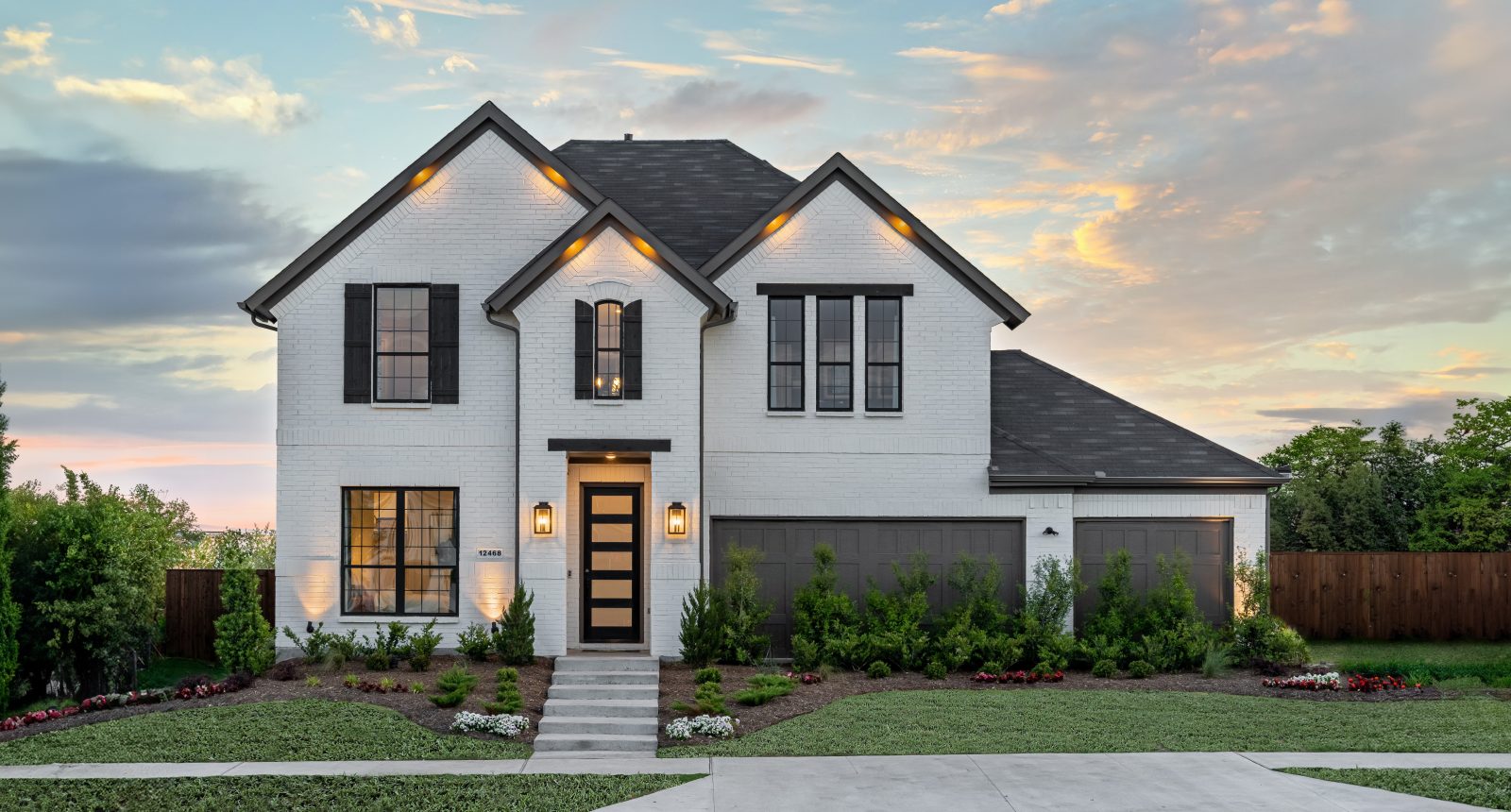A Lease is legally-binding agreement used when a Landlord, the "lessor," rents residential or commercial property to a Renter, the "lessee." The Lease supplies all of the terms under which a residential or commercial property is rented and details roles, responsibilities, rules and regulations, and policies. It secures both celebrations need to a disagreement emerge and supplies the framework for dealing with any conflicts. It is essential anytime you lease out a residential or commercial property.

If it is a fixed term Lease, it will plainly provide an end date. Most Leases are repaired term and provide a beginning and ending date. Even if your Lease is fixed term, it likely will offer the terms under which the Tenant can extend the Lease duration.
Both a Lease and a Rental Agreement are legally-binding agreements between a Property owner and Tenant The difference in between a Lease and a rental contract is the period of the agreement.
A Lease is usually a long-lasting agreement, ranging between 12 and 24 months, while a rental agreement is a short-term arrangement for simply a couple of weeks or months.
Often, the terms Lease and rental agreement are used interchangeably. That said, to avoid any confusion, we typically describe longer-term agreements as Leases and use the phrase rental arrangement for a short-term agreement with an end date that's usually around 1 month away.
What is the Difference in between a Rental Application and a Rental Agreement?
The rental application and rental contract are simple to confuse but they serve extremely various functions.
The rental app is used to help the Landlord screen candidates and select a certified Tenant. It is not a rental agreement and is not a legally-binding file. That said, it's very essential. A Landlord ought to always evaluate Applicants before they lease a residential or commercial property. This assists to guarantee that the potential Tenant can pay rent and will be a trusted tenant.
In contrast, a rental arrangement produces a contractual relationship in between the Landlord and Tenant that defines the terms under which a Renter leases a residential or commercial property from the Landlord. As discussed, the rental arrangement is also an important document and needs to be completed before Landlords rent residential or commercial property to an Occupant.
Why do I Need a Lease?
A Lease does a few important things for both the Landlord and Tenant. First, it describes each party's roles and responsibilities in addition to any rules and regulations or policies that the Tenant needs to follow. Second, it provides security for both celebrations in the event that any disputes occur. Third, it's required by some states.
Ultimately, the Lease assists prevent disagreements and supplies a framework for dealing with conflicts when they do develop. A Lease is required whenever you lease a residential or commercial property, even if you're leasing to a family member or somebody you know. Unfortunately, a handshake won't aid with conflicts or protect you in court. Instead, you require a Lease to specify the rental terms and policies.
Bottom line: before you lease any residential or commercial property, you need to perform a Lease. This is key to getting the most out of your property.
What if an Occupant Violates a Term of the Lease?
If a Tenant violates the Lease, the first thing the Landlord ought to do is communicate with the Tenant and effort to fix the problem. The reality is that in some cases Tenants do not even recognize they're violating the Lease, so a basic discussion can in some cases deal with the concern.
For example, if a Tenant is consistently late with monthly's lease and does not pay lease by the due date, the Landlord ought to:
- reach out to the Tenant.
- share issues about the month's lease and the value of paying lease on the due date
- advise the Tenant when the month's lease is due pursuant to the Lease
- discuss late charges related to rent
- offer any support possible to guarantee that the Tenant pays monthly's rent on time.
This preliminary discussion may resolve the problem.
If the Tenant continues to be late with paying lease and continues breaching the rental contract, you might require to think about more extreme actions. In some circumstances, this implies considering the steps needed to end the residential rental or domestic Lease Agreement.

A good place to start is typically a Notice to Vacate, which is an official demand asking the Tenant to voluntarily leave by a specific date. In this Notice, the Landlord ought to communicate the issue and clearly communicate that the Tenant needs to leave.
If the Tenant does not abide by that demand and continues violating the Lease, then the Landlord will need to release an eviction warning and, possibly, start expulsion proceedings.
What do I make with a Signed Lease?
It is very important to safely save your totally executed, or signed, Lease. A carried out copy needs to be offered to all Tenants and the Landlord need to store the Lease Agreement to have on file in case any problems arise.
What does Governing Law mean?
When you hear governing law in the context of a Lease, it implies the laws that use to the Lease. A domestic Lease is governed by the state laws where the rental residential or commercial property is located. Should any disputes occur, the parties would remain in the jurisdiction of the state courts where the residential or commercial property sits.
For instance, if you reside in New york city but have a rental in Florida, Florida law would be the governing law. This suggests that when the Lease is prepared, it needs to adhere to all of Florida's appropriate laws.
What are the Main Responsibilities of Landlords?
The particular responsibilities of Landlords will be laid out in the Lease. That said, every Landlord has a responsibility to Tenants to preserve a guarantee of habitability, which means that the residential or commercial property satisfies standard safety and living standards
This is an inherent best afforded to all Tenants in the United States no matter the language of the Lease. This implies that as a standard, Landlords are accountable for keeping up with security codes and making sure that the residential or commercial property they rent is habitable and safe for occupants.
Beyond this inherent right, other commitments will be particularly described in the Lease Agreement and usually include handling residential or commercial property maintenance, residential or commercial property management, dealing with concerns triggered by regular wear and tear, and making residential or commercial property repairs.
In addition, Landlords are accountable for staying up to date with financial responsibilities including paying residential or commercial property insurance coverage, taxes and, if suitable, the mortgage.
What is an Option to Purchase and When Should I Include it in my Lease Agreement?
A Lease Agreement with an Alternative to Purchase is just a Lease Agreement that consists of an alternative for the Tenant to purchase the rental residential or commercial property during the Lease period. It contains all of the same terms as a normal property Lease Agreement, but in addition, it also includes an offer from the Landlord for the Tenant to acquire the residential rental residential or commercial property before completion of the Lease.
For a Property manager that is open to or interested in selling the residential or commercial property they lease, this can be an excellent term to consist of.
And, it is very important to note, that even if your present property Lease Agreement doesn't include this choice, you can always include an alternative to buy the residential or commercial property with a Lease Purchase Option kind.
What is the Difference Between an Industrial Lease Agreement and a Residential Lease Agreement?
Both an industrial Lease Agreement and a residential Lease Agreement detail the terms under which a Tenant rents a residential or commercial property from a Proprietor. However, a business Lease Agreement is for area leased for a service. It is an agreement in between a Landlord and a company that outlines the terms of a leased space that will be utilized for business.

In contrast, a property Lease Agreement describes the terms under which an Occupant rents a residential or commercial property that the Tenant will reside in.
While we mostly focus on supporting Landlords with property rental residential or commercial property, we do provide a business Lease Agreement. Review a sample Commercial Lease Agreement to read more.








